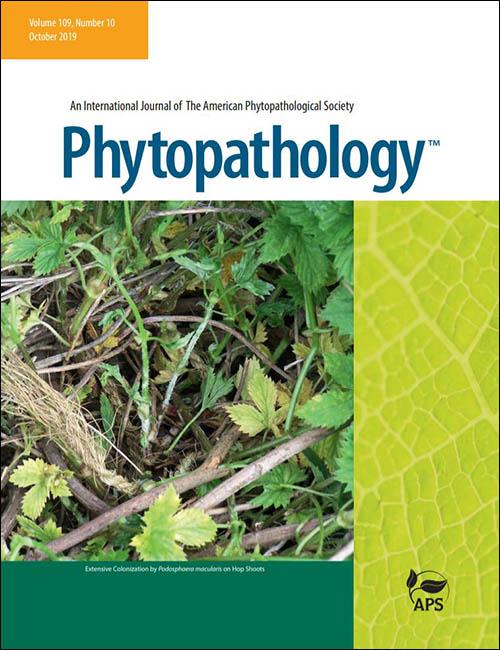
Credit: The American Phytopathological Society
Citrus greening, a devastating disease, has reduced Florida citrus production by 70%, according to most accounts. Efforts to develop disease control methods have been stymied because scientists have been unable to culture and experimentally manipulate the causal bacterial pathogen, Candidatus Liberibacter asiaticus.
The scientific community studying citrus greening has often turned to genetically distant bacteria to use as a proxy, largely because of familiarity with proven techniques that utilize these bacteria. However, there is one cultured species of the Liberibacter genus, Liberibacter crescens, that has been useful as a proxy for Ca. L. asiaticus and serves as a much more realistic surrogate host due to a high degree of genomic and physiological similarities.
To facilitate the scientific community’s ability to use L. crescens in citrus greening research, University of Florida Department of Plant Pathology scientists have published an article in Phytopathology that outlines, step-by-step, highly reproducible and detailed protocols that they have standardized for culturing L. crescens.
“This article presents detailed specialized recipes for handling L. crescens for bacteriologists who generally know their way around a lab but need to learn how to deal with the unusual, perhaps analogous to the instructional range found in ‘The Joy of Cooking,'” explains Dean Gabriel, one of the scientists behind this research, who goes on to suggest that the work could also impact research efforts to culture any uncultured pathogen.
The research also reveals that L. crescens can be naturally transformed and, by extension, that the pathogenic Ca. L. asiaticus may be amenable to natural transformation. The authors also describe methods for functional characterization of genes that appear to be playing a role in culturing of L. crescens as well as some that contribute to the pathogenicity of Ca. L. asiaticus.
###
To learn more, read “Liberibacter crescens Is a Cultured Surrogate for Functional Genomics of Uncultured Pathogenic ‘Candidatus Liberibacter’ spp. and Is Naturally Competent for Transformation” published in the October issue of Phytopathology. Phytopathology is an international journal publishing articles on fundamental research that advances understanding of the nature of plant diseases, the agents that cause them, their spread, the losses they cause, and measures used to control them.
Media Contact
Ashley Bergman Carlin
[email protected]
651-994-3832
Related Journal Article
http://dx.




